Optimal Timing for Waterproofing Applications
Proper timing is essential for effective waterproofing. The optimal period depends on weather conditions, temperature ranges, and humidity levels. Generally, dry and mild weather conditions facilitate better adhesion and curing of waterproofing materials, ensuring long-lasting results.
Spring offers moderate temperatures and lower humidity, making it ideal for waterproofing projects. It allows sufficient curing time before summer heat or winter cold.
Summertime waterproofing is suitable when temperatures are consistently warm, but excessive heat or rain can hinder application and curing processes.
Fall provides cooler temperatures and less humidity, creating favorable conditions for waterproofing before winter sets in.
Winter is generally unsuitable due to freezing temperatures and increased moisture, which can compromise waterproofing effectiveness.
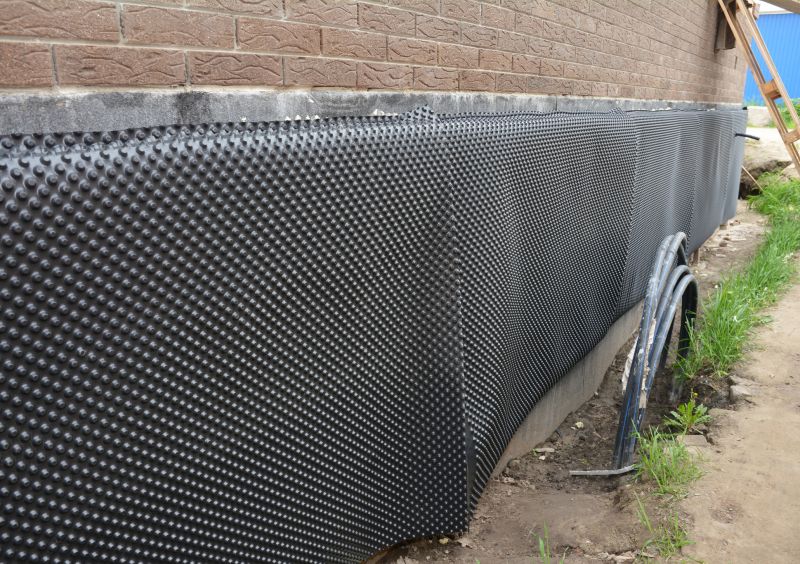
Applying waterproofing during spring ensures optimal adhesion and curing.
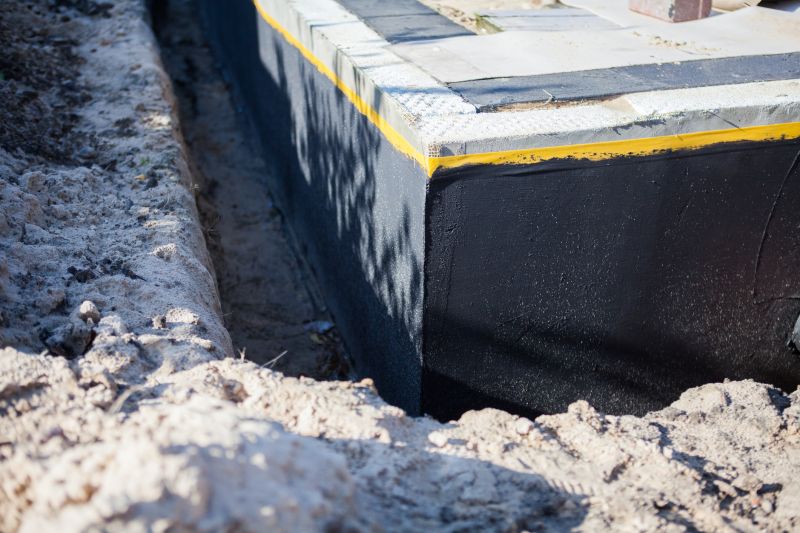
Proper timing in summer prevents issues caused by excessive heat or rain.
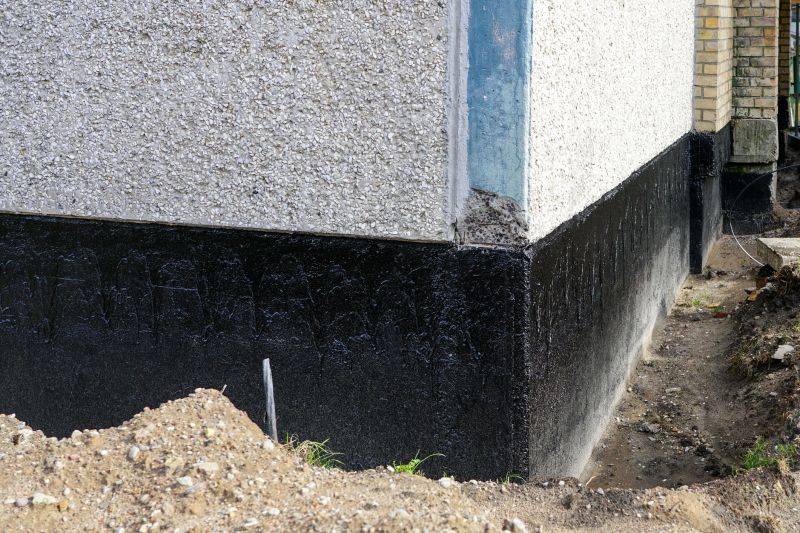
Fall provides favorable weather for long-lasting waterproofing results.
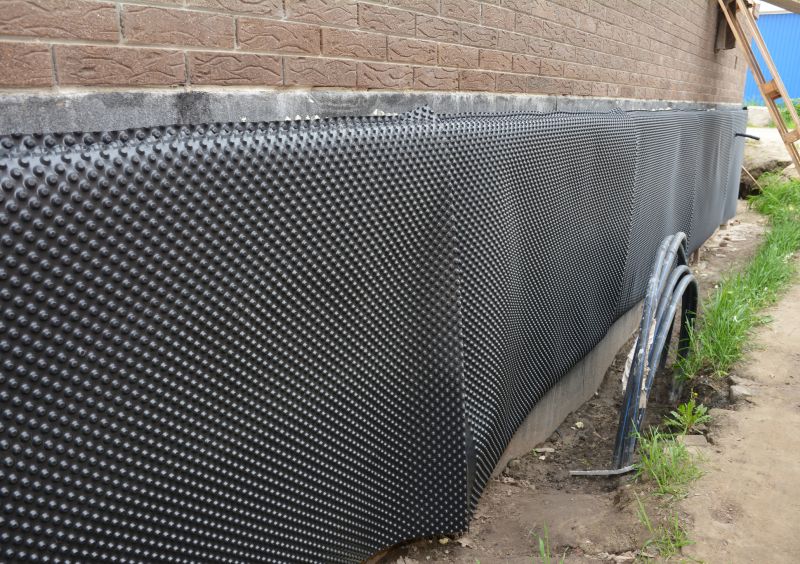
Avoid waterproofing in winter due to freezing temperatures and moisture.
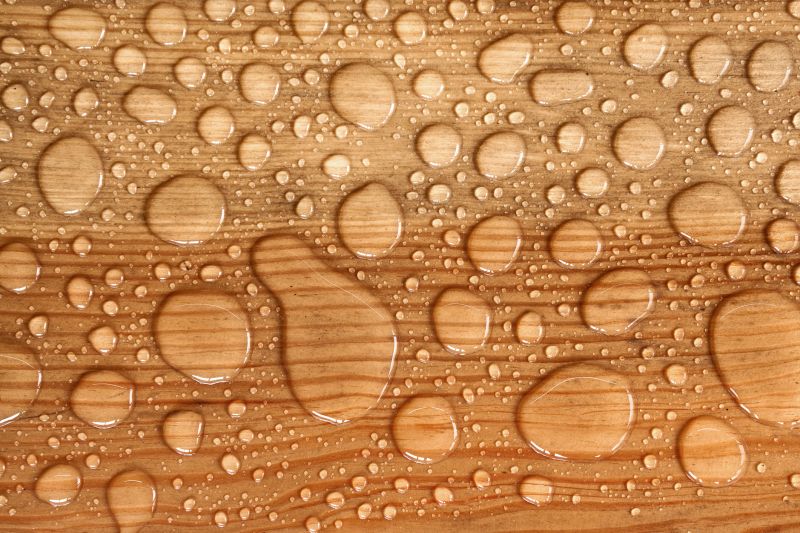
Consistent dry weather enhances waterproofing durability and effectiveness.
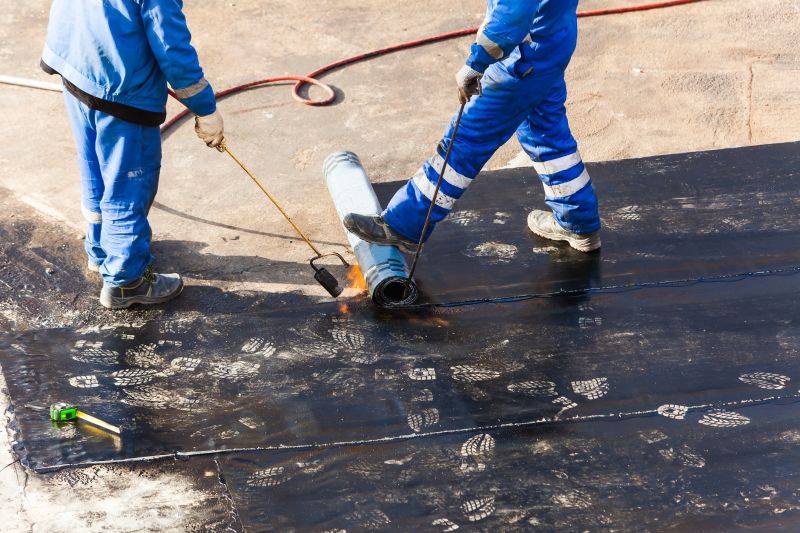
Optimal temperatures for waterproofing are between 50°F and 85°F.
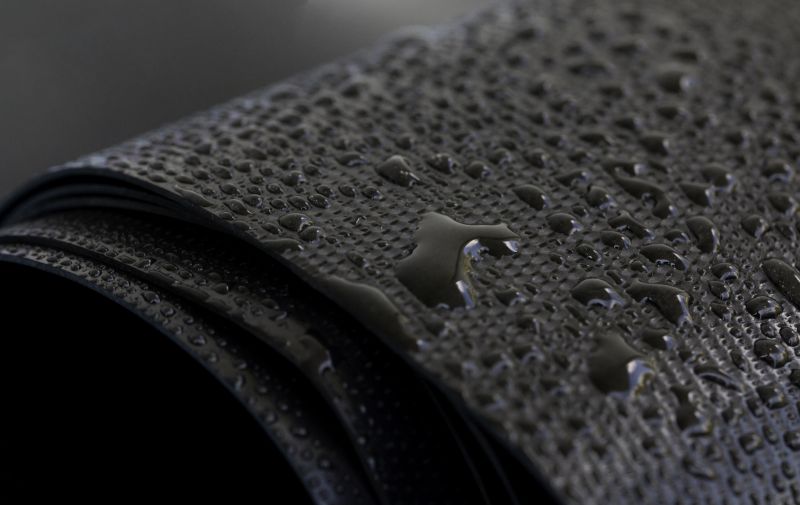
Low humidity levels contribute to better application and curing.
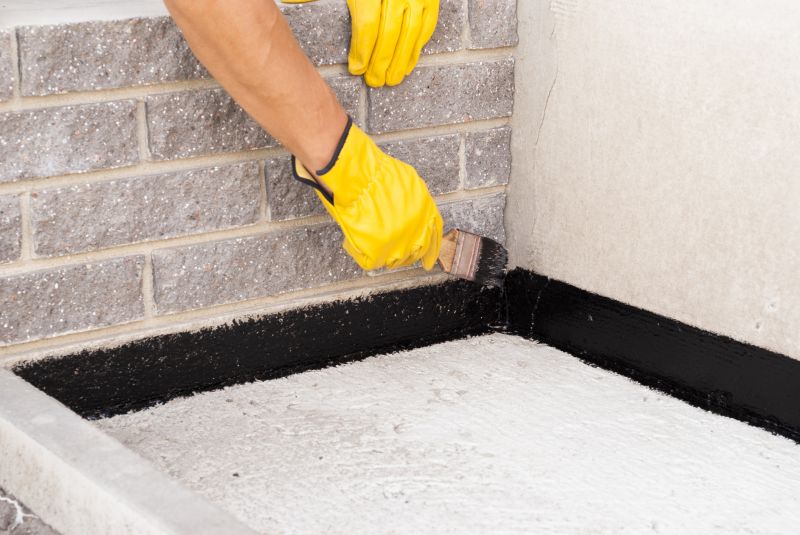
Scheduling waterproofing before forecasted dry periods ensures better results.
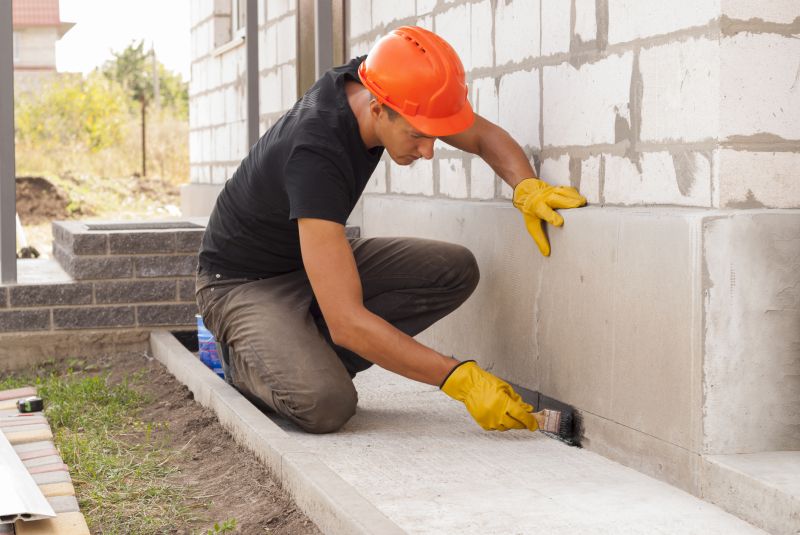
Allow sufficient curing time before exposure to water or extreme weather.
| Season | Recommended Conditions |
|---|---|
| Spring | Moderate temperatures, low humidity, dry days |
| Summer | Warm temperatures, avoid excessive heat or rain |
| Fall | Cooler temperatures, low humidity |
| Winter | Freezing temperatures, high moisture, not recommended |
Waterproofings are essential for protecting structures from water intrusion, which can cause significant damage over time. Proper application during suitable weather conditions ensures maximum adhesion and longevity of waterproofing materials. Advances in waterproofing technology have improved durability, with some products offering up to 20 years of effective protection under optimal conditions.
Statistics indicate that improperly timed waterproofing applications can reduce effectiveness by up to 30%. Therefore, selecting the right season and weather conditions is crucial for ensuring the integrity of waterproofed surfaces, especially in climates with significant seasonal variations.
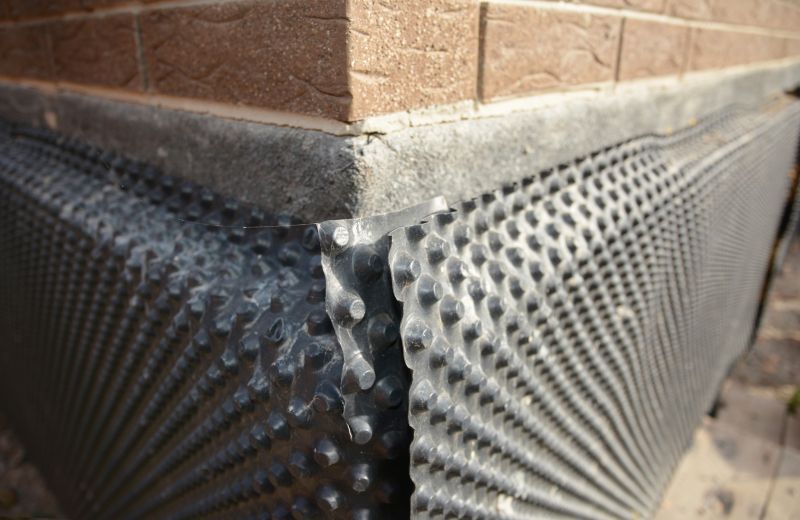
Proper timing ensures effective sealing and adhesion.
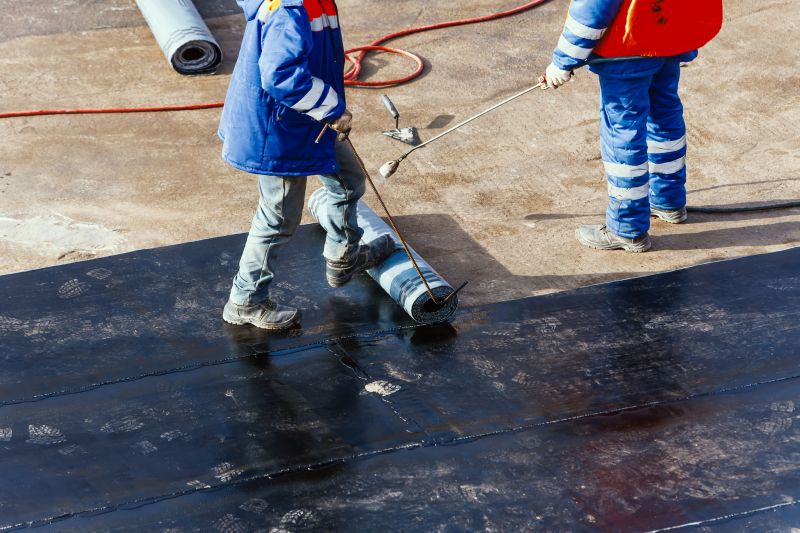
Dry and mild weather promotes optimal curing.
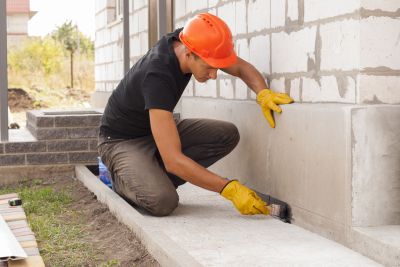
Scheduling based on seasonal weather patterns improves longevity.
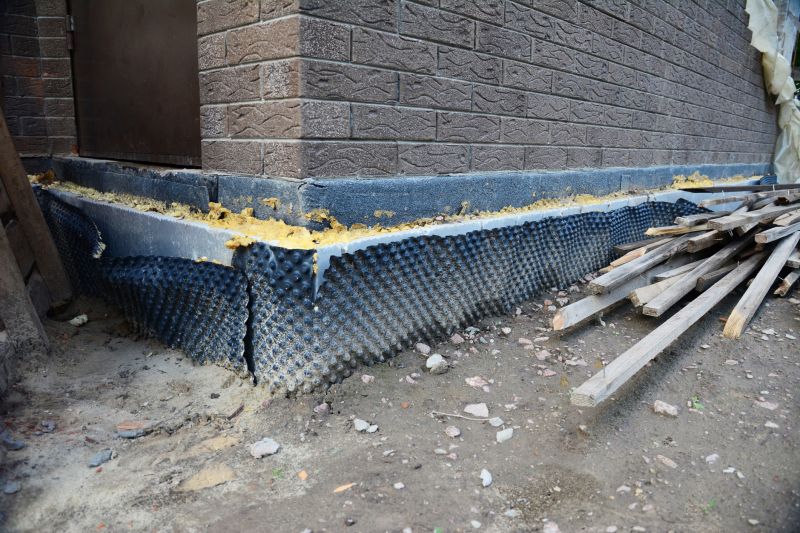
Timing directly influences the durability of waterproofing.
Interested in waterproofing services? Filling out the contact form can provide more information on suitable timing and options for specific projects in Lima, OH.


